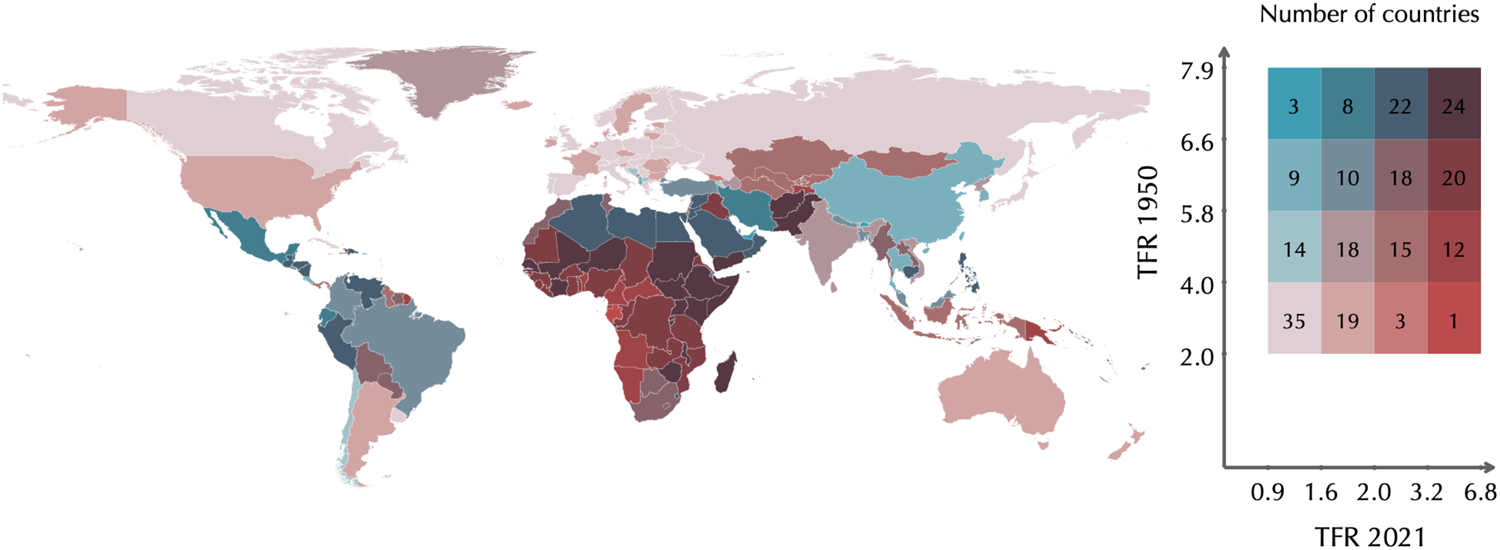Global Fertility Rates Plummet, Reshaping Societies and Economies

Global fertility rates are experiencing a dramatic decline, with projections indicating that by 2050, over three-quarters of countries will fall below the replacement level needed to sustain population size. This unprecedented shift is attributed to a complex interplay of factors, including increased women's empowerment, reduced child mortality, and the rising economic burden of raising children, alongside evolving gender dynamics. The long-term nature of this trend suggests it has been developing for decades, with profound implications for future societies.
The global total fertility rate (TFR) has more than halved since 1950, dropping from five children per woman to 2.2 in 2021. Experts predict a further decline to 1.8 by 2050 and 1.6 by 2100, significantly below the 2.1 replacement level. This demographic transformation will lead to a "demographically divided world," with shrinking populations in many high-income countries and continued growth in some low-income regions, predominantly in sub-Saharan Africa.
A key driver of this decline is the empowerment of women, marked by increased access to education and greater participation in the labor force. As women gain more opportunities outside the home, the opportunity cost of having children rises, leading many to delay or have fewer children. This trend is reinforced by declining child mortality rates, which reduce the need for larger families to ensure some children survive to adulthood, and the escalating costs associated with raising and educating children in modern economies.
The tweet from @emmysteuer highlighted a perceived shift where "none of the genders really need each other anymore," suggesting a change in traditional gender roles contributes to declining birth rates. While the direct impact of this specific sentiment on birth rates is complex, broader shifts in gender roles are recognized. Increased male involvement in childcare and domestic responsibilities, coupled with women's expanded professional roles, alters traditional family structures and reproductive decisions. This evolution, alongside greater individual autonomy and access to contraception, has reshaped societal expectations around family formation.
The consequences of these demographic shifts are immense, posing challenges to economic growth due to shrinking workforces and increased pressure on social security and healthcare systems from aging populations. Policymakers face critical decisions regarding immigration, support for parents, and investment in education and family planning to navigate these transformations. The problem, as noted in the tweet, has been "brewing for 30+ years," indicating that short-term fixes are unlikely to reverse these deeply entrenched trends.